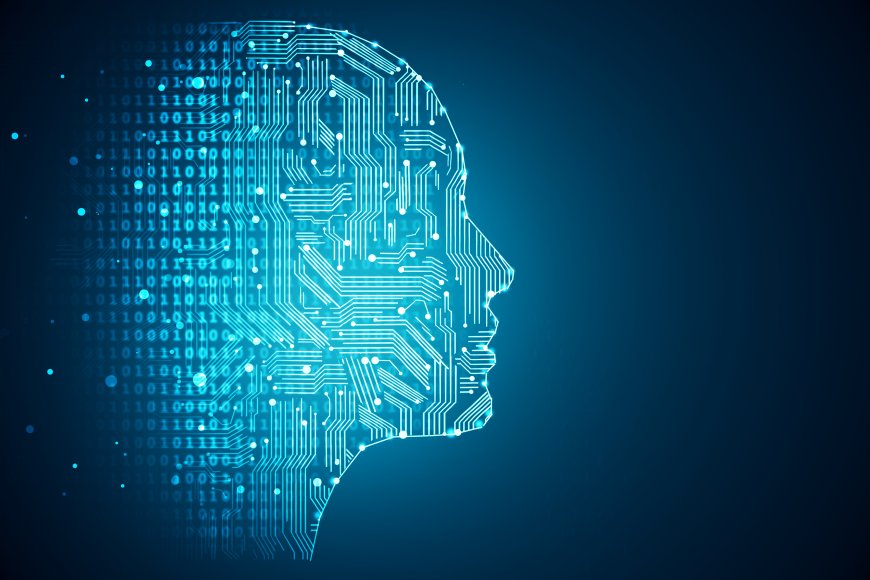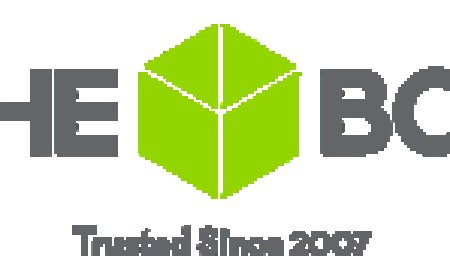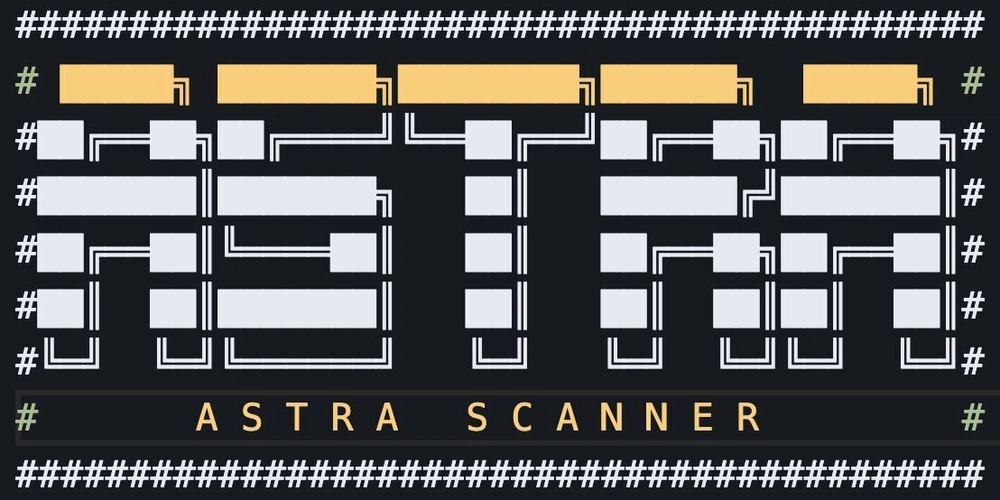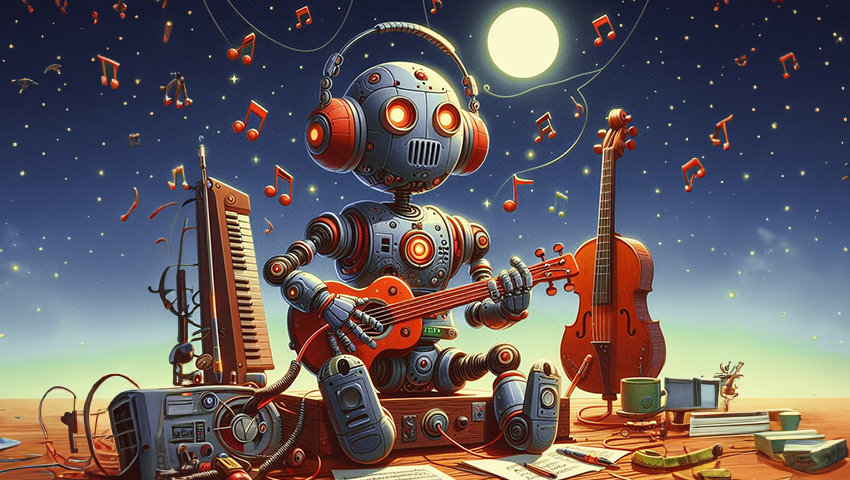How AI Is Transforming the Practice of Positive Psychology
Discover how AI in Mental Health is reshaping positive psychology by enhancing well-being, therapy, and personal growth in meaningful ways.

Introduction
Imagine if your mental health coach never slept, never judged, and always remembered every little detail about what made you happy. Sounds like a dream, right? Well, welcome to the world of AI in Mental Health—where science fiction is fast becoming science fact.
Today, Artificial Intelligence (AI) isn't just about self-driving cars or robots in labs. It's also making waves in positive psychology—the science of what makes life worth living. Whether it’s helping people build gratitude, find meaning, or simply feel better day to day, AI is stepping in as a powerful partner.
What Is Positive Psychology?
Positive psychology is all about focusing on what’s right with people. Instead of just treating illness, it explores how individuals can thrive, be resilient, and live fulfilling lives. Think of it like a garden—you’re not just pulling weeds (solving problems), but planting flowers (building strengths).
A Quick Look at AI in Mental Health
AI in mental health uses technology like machine learning and natural language processing to detect, monitor, and support emotional well-being. This can include chatbots, apps, or even wearable devices that learn your emotional rhythms.
The Marriage of AI and Positive Psychology
When these two worlds collide, magic happens. AI brings the precision of data to the emotions of humanity. It's like giving your happiness a GPS. AI helps map your mental state and guide you toward healthier habits, positive thoughts, and emotional resilience.
AI-Powered Mood Tracking: Listening Without Judging
Ever wish someone could just get how you're feeling without needing to explain? AI does exactly that. Mood-tracking apps analyze tone, word choice, and even facial expressions to understand your state of mind. It’s like having a best friend who never gets tired of listening.
Chatbots as Your Everyday Cheerleader
Chatbots like Woebot or Wysa offer support anytime, anywhere. They’re designed with positive psychology principles, offering uplifting conversations, gratitude prompts, or just a safe space to vent. While not a replacement for therapy, they provide an emotional boost when you need it.
Personalized Well-Being Plans with Machine Learning
AI learns your habits, lifestyle, and personality traits to craft personalized well-being plans. Whether it's nudging you to meditate after a stressful day or suggesting a walk during a low-energy period, it’s like having a wellness coach in your pocket.
AI and Gratitude Journals: A Smart Way to Stay Thankful
Gratitude is a powerful tool in positive psychology. AI-driven journals remind you to reflect, analyze your entries, and even suggest prompts based on your emotional patterns. It’s like a digital diary that also gives helpful advice.
Real-Time Feedback for Real-Time Growth
Why wait for a therapy session to find out how you're doing? AI tools can give instant feedback, like suggesting breathing exercises during anxiety spikes or recognizing patterns that lead to emotional dips. Growth becomes immediate and continuous.
Mindfulness and Meditation Apps: More Human Than You Think
Apps like Headspace and Calm use AI to personalize sessions based on your stress levels, sleep patterns, and emotional history. The more you use them, the smarter they get. It’s like your inner peace has its own AI assistant.
Building Better Habits Using AI Nudges
Ever wonder why you stop doing something good for you? AI understands human behavior and gently nudges you—maybe with a push notification or a friendly message—at just the right moment. Think of it as a digital coach keeping you on track.
AI for Therapists: Supercharging Human Connection
Therapists now use AI to better understand their clients. From summarizing sessions to analyzing emotional cues, AI helps professionals offer more targeted, empathetic care. It’s not about replacing therapists—it’s about making them even better.
Breaking the Stigma: AI’s Role in Mental Health Accessibility
Many people hesitate to seek help. AI breaks barriers—offering discreet, round-the-clock support that doesn’t judge. This anonymity can be life-changing for those afraid to speak up.
Cultural Sensitivity and Global Reach Through AI
AI can be trained on diverse data sets to recognize cultural differences in mental health expressions. That means someone in Tokyo and someone in Toronto can both get support that feels natural and tailored to their context.
The Ethics and Boundaries of AI in Mental Health
With great power comes great responsibility. Data privacy, emotional safety, and bias in AI responses are major concerns. Developers and practitioners must tread carefully to ensure AI supports mental health ethically and effectively.
What the Future Holds: Human-AI Collaboration in Flourishing
The future of AI in mental health isn’t cold and robotic—it’s collaborative. Think of it as a duet where human empathy and machine intelligence create harmony. AI won’t replace your therapist or your self-reflection, but it will supercharge both.
Conclusion
AI is no longer a concept of the future—it’s a vibrant part of our mental wellness journey today. By pairing technology with the science of happiness, AI is helping us not just survive, but truly thrive.
Whether you're using a chatbot, tracking your mood, or just getting a nudge to be kind to yourself, AI in mental health is proving to be a compassionate ally in the pursuit of well-being.
So, next time you talk to your mental wellness app or reflect with your AI-powered gratitude journal, remember: You’re not alone. Technology is right there with you, helping you flourish—one thought, one breath, one smile at a time.
FAQs
1. How does AI help with mental health?
AI supports mental health by offering mood tracking, chatbots, personalized well-being plans, and real-time emotional feedback—making care more accessible and proactive.
2. Can AI actually understand my emotions?
While AI can’t “feel” like humans, it can analyze language, tone, and behavior patterns to assess emotions with surprising accuracy.
3. Are AI mental health tools safe and private?
Most reputable apps use encryption and follow strict data privacy laws, but it’s important to check terms of service and privacy policies before use.
4. Will AI replace human therapists?
No. AI is designed to support—not replace—therapists. It enhances their abilities but cannot replicate genuine human empathy and connection.
5. What’s the best AI tool for boosting positive psychology?
It depends on your goals. Apps like Woebot, Headspace, or Reflectly offer different strengths—mood support, mindfulness, or gratitude journaling.


























































































